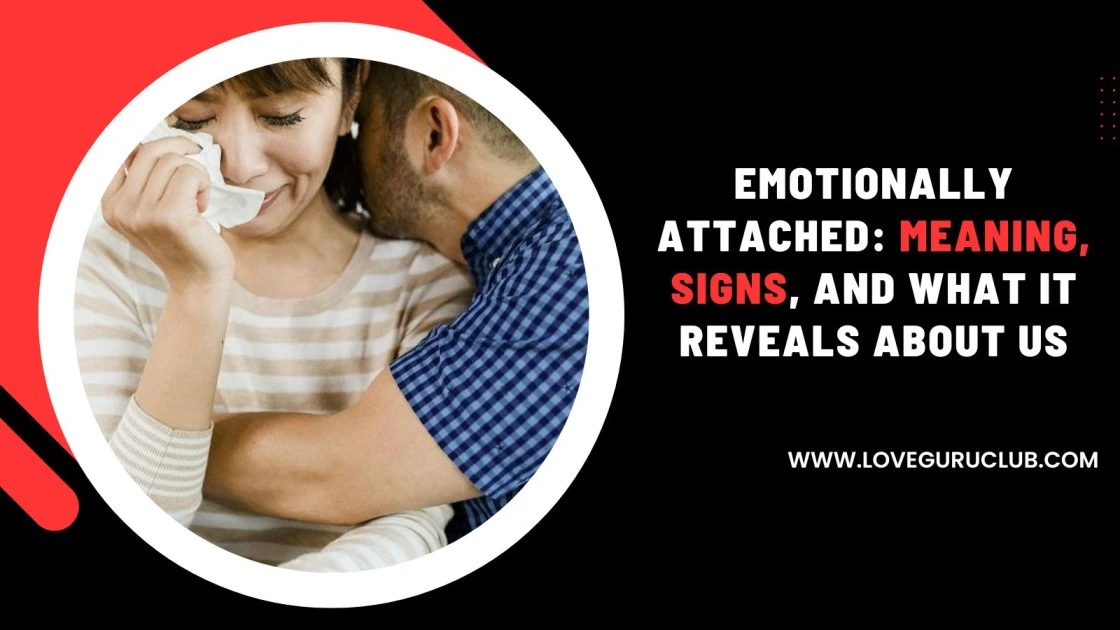Relationships
7 Things You Need to Know When Talking with Difficult People

Most of us don’t like to be taught or corrected. This can prick our pride and fear of rejection. Plus, many of us, as well as our opponents, readily see our flaws and strive desperately to hide them from others. Confrontation can make us feel exposed, and, if we don’t fully understand grace, condemned. When we express our struggles in an area, however, we form a grace-based connection that speaks of hope.
When someone hurts or disappoints us or acts in an ungodly manner, before we speak a word, we need to pause and intentionally remember when we’ve behaved similarly. When have we treated others unkindly, broken promises, and done or said things we regret? What have others forgiven us for? Most importantly, what has our Savior forgiven us for, and what did that forgiveness cost Him?
As we honestly reflect on God’s grace lavished upon us, we’ll be better able to express that grace to others, a grace that says no situation or sin is too dark, no life too lost that God, in His love, can’t redeem. Such a powerful truth conquers human shame and fear and draws us closer to Christ and His transforming love.
When we share, honestly and transparently, how we’ve battled whatever issue we’re addressing, our words convey empathy, deactivate pride, form connections, and reveal the life-changing power of the gospel.
4. Ask Questions
Many battles are fought and lost over misunderstandings, miscommunication, and false assumptions. Where we see outward behaviors, Jesus often sees hurts and scars. I’ve found that many of the most intense reactions stem from fear, insecurities, and deep wounds we may never see. Therefore, before addressing anything, our first goal should be to understand the individual. Next, we should strive to see the issue or issues from their perspective. Well-thought out questions help us do this. They also speak value to the other person, help them feel heard, and encourage them toward self-evaluation.
Prior to their wedding, my daughter and her now in-laws disagreed over certain ceremony components. They wanted the bride and groom to do a “dollar dance,” but this idea made my daughter uncomfortable. Neither party could understand the other’s position. Through non-confrontational questions, however, my daughter’s in-laws realized she felt anxious to receive such focused attention. Similarly, she learned they viewed the dance as a way guests could help the couple have a good start financially. As a result, both were able to understand then empathize with each other.
When asking questions, keep in mind:
- Questions with yes or no responses can feel too direct and thus place people on the defensive.
- Generally, people respond to “how” questions much better than those that ask “why.”
- Statements such as, “Help me understand,” can also be effective.
We may want to brainstorm thought-provoking questions that lend to self-analysis prior to initiating our discussion.
Photo Credit: © Getty Images





